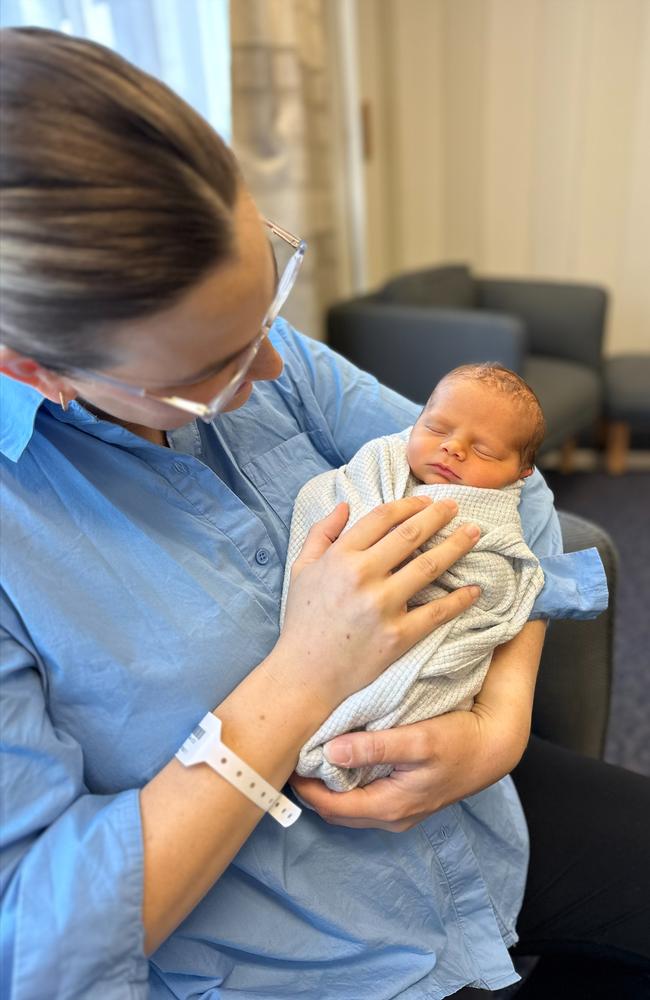In a significant breakthrough, Australia has celebrated the birth of its first baby born after a successful uterus transplant. This groundbreaking achievement in reproductive medicine holds promise for individuals confronting fertility challenges. The procedure, which allows those with uterine issues to experience pregnancy and childbirth, marks a pivotal moment in the realm of assisted reproductive technologies.
The successful outcome is a testament to the collaborative efforts of medical professionals, including transplant surgeons and fertility specialists. This interdisciplinary approach highlights the importance of teamwork and shared expertise in pushing the boundaries of medical science.
The birth of this baby offers renewed hope for those grappling with infertility, particularly individuals facing uterine-related complications. It signals advancements in reproductive technology and broadens the scope of possibilities for assisted reproductive treatments.
While celebrating this medical milestone, it is essential to acknowledge the ethical considerations surrounding uterus transplants. The procedure prompts discussions about the ethical implications of organ transplantation, reproductive technologies, and the impact on both donors and recipients.
Looking ahead, the successful birth in Australia from a uterus transplant sets the stage for continued research and exploration in reproductive medicine. The ongoing success of such procedures may redefine the landscape of family-building and contribute to the evolving field of assisted reproductive technologies. This achievement underscores the transformative potential of advancements in medical technology, offering hope and possibilities for the future of reproductive health.







